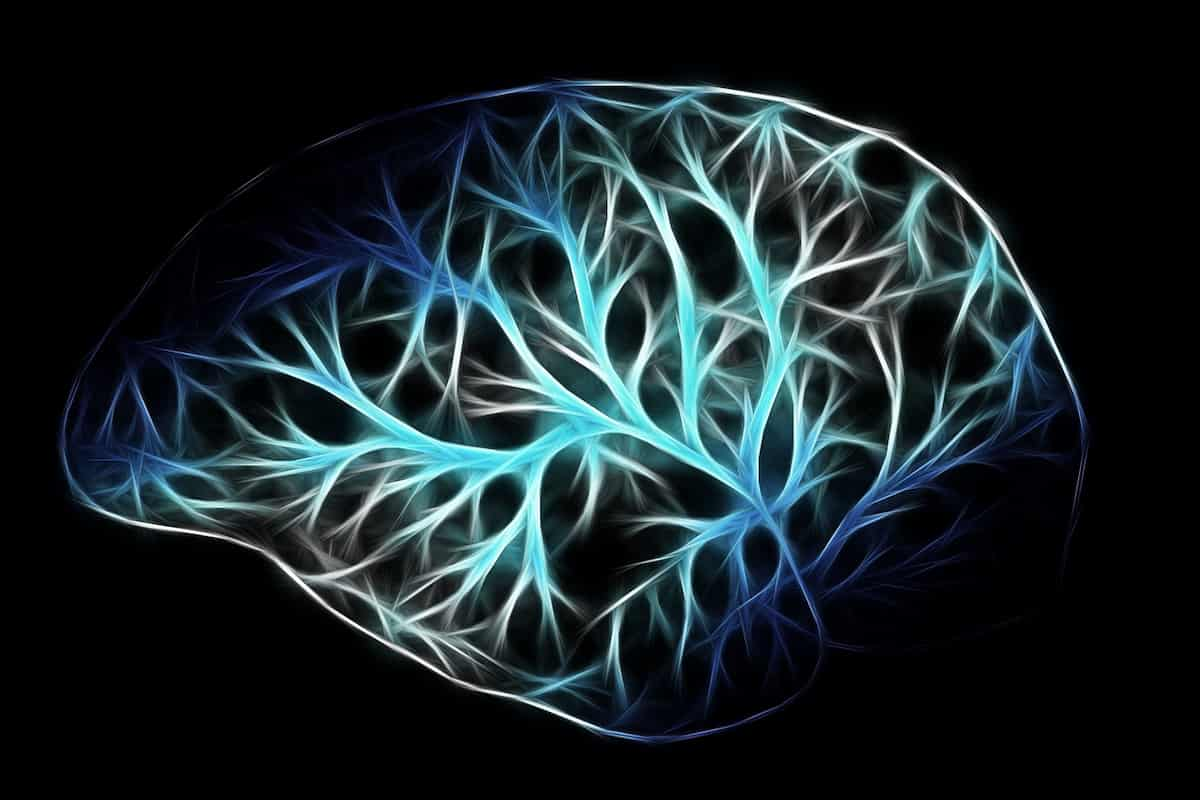This character trait is linked to a high IQ.
Being conscientious is linked to having a high IQ, but only among females.
People who are conscientious are more careful, efficient and self-disciplined — and they aim for achievement.
Among males, however, those who are more careless and indifferent have higher IQs.
The study of school children also found that introverts who are conscientious get the best grades.
Fear may also be a factor in driving up grades, the Swedish research found, since neurotic pupils got better grades.
Neurotic people tend to worry more, which may motivate them to work harder if their worries are stoked by the system.
Ms Pia Rosander, the study’s first author, said:
“We have a school system in Sweden that favours conscientious and fear-driven pupils.
It is not good for psychological well-being in the long term if fear is a driving force.
It also prevents in-depth learning, which happens best among the open personality types who are driven by curiosity.”
The study included 200 pupils entering secondary school at 16 who were followed for three years.
The results revealed that girls who were eager to please got better grades.
On the other hand, boys were more likely to be curious, but the system tended not to feed their curiosity.
Ms Rosander said:
“Greater conscientiousness, i.e. getting things done, arriving on time, etc. may be a way for boys to compensate for a lower IQ.”
The study also found that introverts get better grades, probably because extraverts have so much to distract them.
Ms Rosander said:
“My studies clearly show that the school system needs to be more individualised.
How else can we support talented pupils with the ‘wrong’ personality type, those we call under-performers, who are capable but lack the ability to plan their school work, for example?”
The study was published in the journal Learning and Individual Differences (Rosander et al., 2011).










